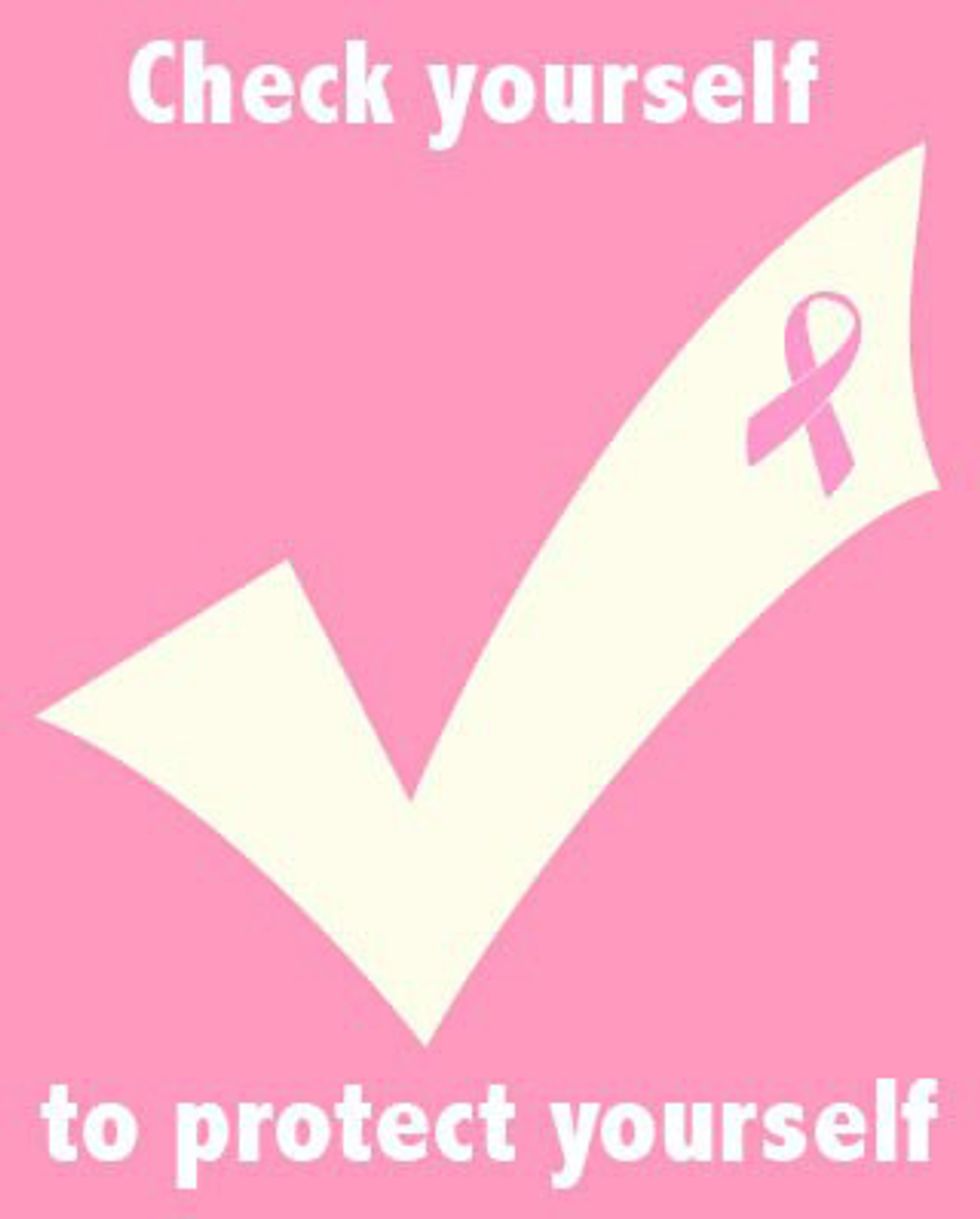To begin I would like to preface this with a short personal background. I do not have direct family that has been affected by breast cancer, but I have friends who do. I did not lose my mother or grandmother to breast cancer, but I have friends who lost them. I have not had a personal scare from being tested for breast cancer, but I have friends who did. I personally have not ever had a diagnosis spoken to me, but I know women who have. I hope this article can communicate thoughts that those who have been affected by breast cancer wish others knew as well.
October is Breast Cancer Awareness month and I live in a region that proudly supports awareness efforts. Cape Girardeau, Missouri is the home of Southeast Missouri State University and we are situated in the middle of a city that is currently covered in pink. Businesses display large pink flags in their front yards, trees lining main street are wrapped in pink lights, fountains are pink and the Bill Emerson Bridge that connects Missouri to Illinois is lit up pink this month. I have never lived in a town that supports those who are being affected by breast cancer so well and is working to raise awareness at this level. It is extremely encouraging and inspiring to see the way men and women have united in this community to build awareness as well as provide for practical needs such as free mammograms for early detection for those who could not otherwise afford it.
Despite these incredible efforts and due to our culture's sexual saturation I was extremely hurt by a comment made by a classmate recently. I heard a classmate say “Awesome, boobs!” and laugh over a brief image shown in a movie and then be repulsed when he saw that it was actually related to breast cancer. What to him is viewed as a sexually charged icon in today’s culture, I view as a part of the body that can develop cancer just like skin, lungs, blood, bones or prostrates. I was shocked speechless at the time but have had time to collect my thoughts and form a response. Simply put I would like to ask him and anyone else who shares his view of this part of a woman’s body to “Please stop laughing.”
The American Cancer Society estimates that in 2015 over 40,000 deaths will be due to breast cancer in the United States and nearly 300,000 cases will be diagnosed this year. Many of those women will end up having their breasts surgically removed in an effort to keep the cancer from spreading to other parts of their body. Our culture nearly defines women by the fact that they have breasts and this can be stripped away from them in a moment. Having a part of you taken away from you is not funny. Please stop chuckling.
Most cases of breast cancer affect women above the age of 40 but this isn’t always the case. Men can get breast cancer, too. Men and women alike have breast cells which is where the cancer begins. (Men’s breast cancer is much more rarely found than in women.) Young women can also have breast cancer. Cancer doesn’t care about age or sex, it can develop in anyone with breast cells.
If you have ever watched someone go through cancer treatment you know how painful it is. People diagnosed with breast cancer also go through painful treatment. Weight loss, hair loss, loss of energy and weakened immune systems are all side effects of treatment with plenty others I didn’t even mention. Cancer is not a joke. Please stop giggling.
The point of this is simple, breast cancer is not a joke, so please stop laughing. Women (and men) are dying from this disease that originates in what fuels marketing campaigns in this country. One in eight women will be diagnosed with breast cancer in the United States. I work on a staff of eight women. Likely one of us will end up being diagnosed with breast cancer someday.
As a young woman I don’t live under fear of this disease, but awareness. I know that there is a chance that one day I could be diagnosed with breast cancer. Its a horrifying thought but as I look around my community I recognize that none of the women I know with breast cancer did anything to deserve her diagnosis so what would exclude me?
Breast cancer is scary to think about, but there are more than 2.8 million women in America who are survivors. It is possible to beat the disease. The men and women who triumph over breast cancer are inspirational. Unfortunately not every one will.
The next time someone laughs or makes a joke about breasts I’m prepared to step in and say something. Breast cancer is not a laughing matter. Please stop laughing.
Feel free to visit http://www.nationalbreastcancer.org to educate yourself about breast cancer and learn more about early detection.






















